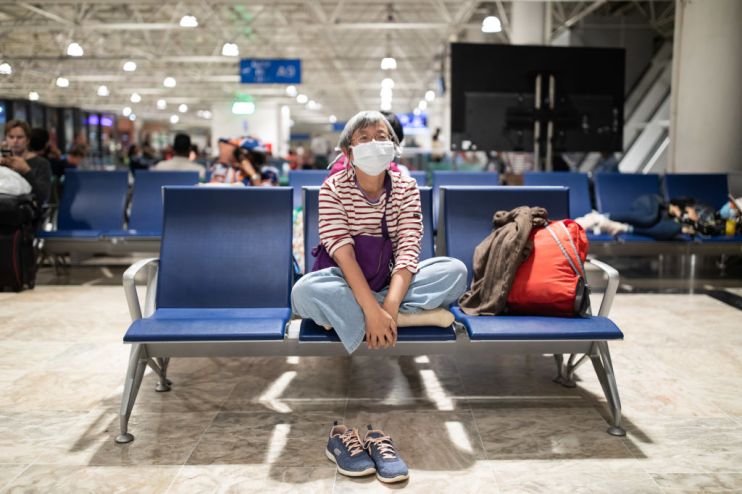OECD: Coronavirus could halve global growth

Coronavirus is the “gravest threat” to the global economy since the 2008 financial crisis, the OECD warned today as it made swingeing cuts to a number of countries’ growth forecasts.
The world economy is expected to grow just 2.4 per cent this year, the lowest since 2009, the OECD said in an interim growth report. This is well below November’s forecast of 2.9 per cent.
Yet the Paris-based organisation said growth could plunge to as low as 1.5 per cent this year in a worst-case scenario in which the virus spreads quickly through Asia, Europe and North America.
The OECD also made a number of downgrades to specific countries’ growth forecasts.
China is now expected to grow 4.9 per cent this year, down from a previous prediction of 5.7 per cent, while Japan’s economy is expected to grow 0.2 per cent, down from 0.6 per cent.
The US is set to grow 1.9 per cent, down from two per cent. The OECD expects the UK to grow 0.8 per cent compared to a previous prediction of one per cent, while the Eurozone is expected to expand 0.8 per cent too, down from 1.1 per cent.
The worst-case scenario “could push several economies into recession, including Japan and the euro area,” the OECD said.
“The overall impact on China would also intensify, reflecting the decline in key export markets and supplying economies.”
However, the organisation, which promotes global economic growth and development, said the global economy could recover and grow 3.3 per cent in 2021 if the virus peaks in the first quarter of this year.
To achieve such an outcome, the OECD urged governments to “act swiftly and forcefully to overcome the coronavirus and its economic impact”.
“Governments need to ensure effective and well-resourced public health measures to prevent infection and contagion, and implement well-targeted policies to support health care systems and workers,” the report said.
“Supportive macroeconomic policies can help to restore confidence and aid the recovery of demand as virus outbreaks ease, but cannot offset the immediate disruptions that result from enforced shutdowns and travel restrictions.”